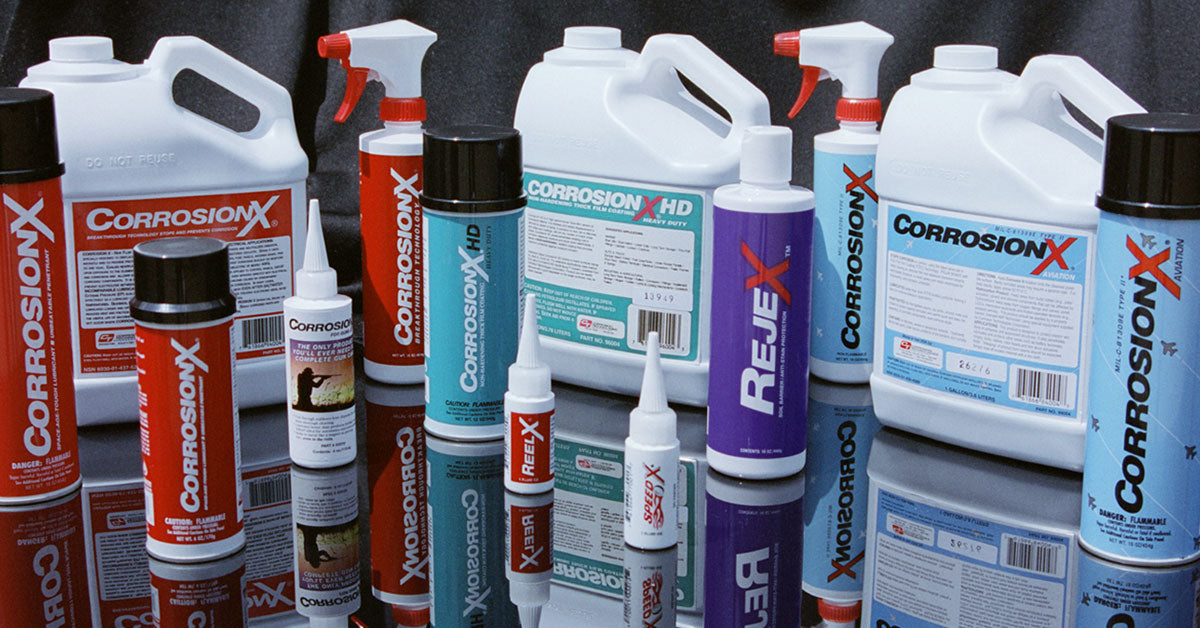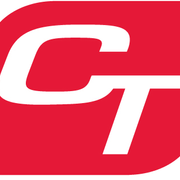I listened to Sebastion and others and purchased dielectric grease, vulcanizing tape and Gorilla Tuf Duct tape. By the way the Camera manual written by Diawau stated the cable in the camera was waterproof so that's why I took the left turn and burned up the $250 ptz camera and cable. My old Marine neighbor agreed to let us perch a new ptz and tie it up at the roof level at the top of his MHome ladder. So now we have all the culdesac 15 houses from the street covered with with the lpr working great and the two ptz cameras all on the 8 channel HIKVision HVR. I'm scared to apply dielectric grease as a mechanic film on Google stated to not apply it to the copper contacts of any cable....I guess I'll rub it on the outside of cables, but then you can't put the vulcanizing tape on the greasy dielectric compound. Also, if I use the vulcanizing tape, someone hinted it is forever yucky and stickey....a gooey mess. Someone hinted to just use my super tuf Gorilla Duct tape so I could remove it. I have used the dielectric grease on the outside of battery cables, but I don't think I should put it directly on contacts. In the 6" septic pvc T I packed the inside around the LPR camera with silica gel packs to keep it dry and Gorilla taped the T end where the camera peeks out. Would it help to go in at the rear of the LPR and vulcanize the cable connection? I really don't want to pay another $700 for another LPR for a long while.
I have the ptz mount that will hold the camera tied to Neighbors MHome ladder top. Any advise would be appreciated.......Old nearly useless Vet and Gorgeous Young Energetic wife who wants to install our final camera contribution to the old guys on my culdesac. Many are great patriotic citizens who have loved our country and led exemplary lives. I would just like to be known as a "Johnny Camera-Seed" before our great Republic goes the way of the Greek and Roman Empires...down the sewer of government failure. Just before he passed, physicist S. Hawkings stated that "it's all going to burn up soon anyway."
I have the ptz mount that will hold the camera tied to Neighbors MHome ladder top. Any advise would be appreciated.......Old nearly useless Vet and Gorgeous Young Energetic wife who wants to install our final camera contribution to the old guys on my culdesac. Many are great patriotic citizens who have loved our country and led exemplary lives. I would just like to be known as a "Johnny Camera-Seed" before our great Republic goes the way of the Greek and Roman Empires...down the sewer of government failure. Just before he passed, physicist S. Hawkings stated that "it's all going to burn up soon anyway."




